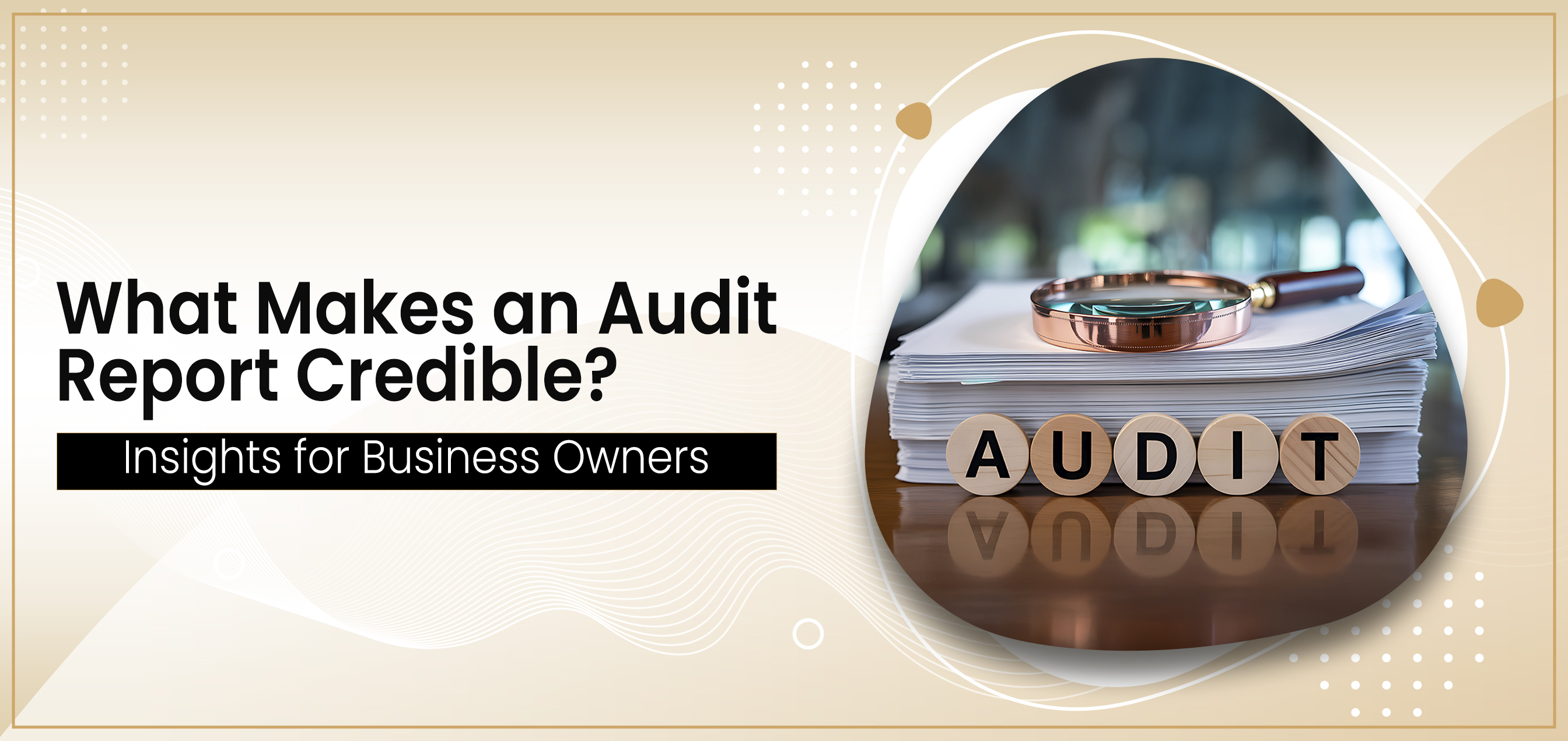.jpg)
28 Feb 2024
The implementation of Corporate Tax Law is significantly influencing and regulating business operations across the United Arab Emirates (UAE). The Federal Tax Authority (FTA) has introduced several modifications while facilitating an in-depth understanding of the new tax regime for all types of businesses, including partnership ventures. In a recent development aimed at enhancing the regulation of Corporate Tax upon Unincorporated Partnerships, the FTA issued Decision No. 16 of 2023. Aligned with the framework established by Corporate Tax Law on the Taxation of Corporations and Businesses and its amendments, this decision provides essential requirements and procedures for Unincorporated Partnership. It delves into the registration and annual declaration process of Unincorporated partnerships, the treatment of these partnerships as taxable entities, and the establishment of the distributive shares of partners.
Understanding Unincorporated Partnership
Unincorporated Partnership refers to a contractual relationship established by two or more persons, and this kind of partnership does not have a legal identity of its own. Each partner in an Unincorporated Partnership can be taxed upon their profitable income from the partnership, but the partnership itself is not considered a Taxable Person. Such partnerships are often termed ‘transparent’ as they are exempt from direct taxation.
Applicability of Corporate Tax in an Unincorporated Partnership
According to the Corporate Tax law, while incorporated partnerships have a separate legal identity and are subject to corporate tax at the partnership level, the Unincorporated Partnership itself is not subjected to Corporate Tax, but each partner is taxed on their income from their partnership.
Unincorporated partnership not treated as a Taxable Person
Unlike Incorporated Partnerships, the Unincorporated Partnership is not considered a juridical person and a Taxable Person in its own right. Each Partner is subject to Corporate Tax on their income from the partnership. The partnership’s activities are considered to be conducted by partners, with each partner being taxed according to their distributive share of the partnership’s profits.
The partners in an Unincorporated Partnership who are not treated as Taxable Persons must appoint an authorized partner. This authorized partner will represent the partners in any tax obligations and procedures and shall be required to do the following:
- Submit an application for Corporate Tax registration of the Unincorporated Partnership in accordance with the form and manner specified by the authority to obtain a Tax Registration Number.
- Submit an annual declaration on behalf of all the partners within nine months from the end of the relevant financial year for the Unincorporated Partnership, considering that:
a. The financial year shall be the Gregorian calendar year or the 12-month period for which the financial statements of the Unincorporated Partnership are prepared.
b. All the necessary data required to determine the taxable income shall be included in the annual declaration.
Unincorporated Partnership treated as a standalone Taxable Person
As specified in the Corporate Taw Law, the partners in an Unincorporated Partnership can make an application to be taxed at the partnership level, and the partnership will itself become a Taxable Person. This application will apply from the commencement of the Tax Period in which the application is made or from the commencement of a future Tax Period.
If the authority approves the application for the Unincorporated Partnership to be treated as a Taxable Person, the provisions of Article 2 (Requirements for the registration of Unincorporated Partnership) of Decision No. 16 of 2023 shall not apply, and the unincorporated partnership must comply with the provisions of Federal Decree-Law No. 47 of 2022.
Taxable income of an Unincorporated Partnership
Partners in an Unincorporated Partnership are taxed in accordance with the Corporate Tax regime as if they were conducting business on their own. They are only taxed on income arising from categories of Business and Business Activities subjected to Corporate Tax.
If the application of an Unincorporated Partnership to be treated as a Taxable Person is approved, all partnership income will be taxable income subject to Corporate Tax, and any taxable income for the partnership will be excluded from the Taxable Income of the partner. Any gains or losses on the transfer, sale, or disposal of all or part of their interest will be excluded if this interest meets partnership exemption conditions.
Allocation of Distributive shares:
If an Unincorporated Partnership is not treated as a standalone Taxable Person, any partnership assets, liabilities, income, or expenditure will be divided among each partner in proportion to their distributive share in the partnership.
The treatment of Distributive shares when an Unincorporated Partnership is treated as a Taxable Person has also been specified in the guideline. In cases where the distributive shares of the partners are not identified, the assets, liabilities, income, and expenditure of the Unincorporated Partnership shall be equally allocated to each partner.
Insights from AMCA’s Experts:
The flexibility offered in UAE's corporate tax legislation for unincorporated partnerships and similar business arrangements plays a major role in facilitating a smooth transition for taxpayers, particularly those with limited resources. This flexibility empowers them to select the most suitable approach for meeting their tax obligations, thereby simplifying compliance processes, and fostering inclusivity within the tax system.
As global standards move further towards transparency and accountability, the UAE is also committed to ensuring that its tax framework does not only adopt the world's best standards but also does not become burdensome for its taxpayers. Efforts are underway to develop a pathway within the tax framework that ensures adaptability and smooth transition for all. These measures not only streamline administrative procedures but also contribute to the UAE's economic growth and development by keeping its tax regime as adaptable and consistent as possible. We eagerly anticipate further updates in other areas of corporate tax compliance, with an expectation of the same level of clarity and flexibility.
Navigate Corporate Tax Seamlessly with AMCA
The UAE has implemented effective laws and regulations to facilitate and streamline the application of Corporate Tax in Unincorporated Partnerships, including allowing the calculation of Taxable Income at the partnership level rather than at the individual partner level. While Unincorporated Partnership offers many advantages, like relatively easier business setup and lower costs, this type of partnership also poses several risks. To prevent any penalties and mitigate these risks, corporate tax applications in unincorporated partnerships should adhere closely to the regulations outlined by the Federal Tax Authority. Given the intricate nature of the Corporate Tax landscape, seeking the expert services of a reputable firm like AMCA is paramount to ensure success.
How can AMCA help?
Equipped with an exceptionally skilled team of tax consultants, AMCA stands as a pioneer among the corporate tax consulting agencies in the UAE. By understanding the needs of a business and integrating a proactive and client-centric approach, we work closely with clients to help them thrive in an ever-evolving tax landscape.
Whether it is restructuring your tax strategies, compliance, or meeting your objectives, we ensure efficiency that can benefit your business and delve deep into your business operations to identify opportunities for tax optimization.
Connect with ACMA’s proficient advisors & streamline your Corporate Tax responsibilities!




